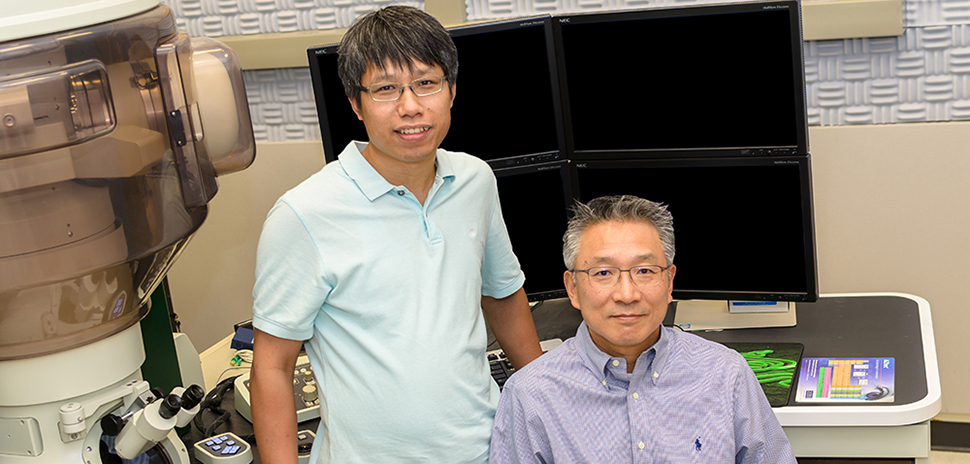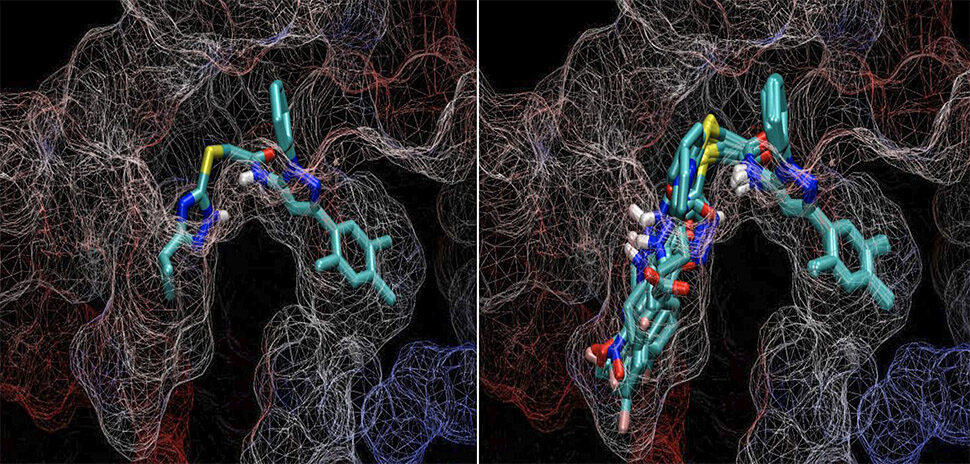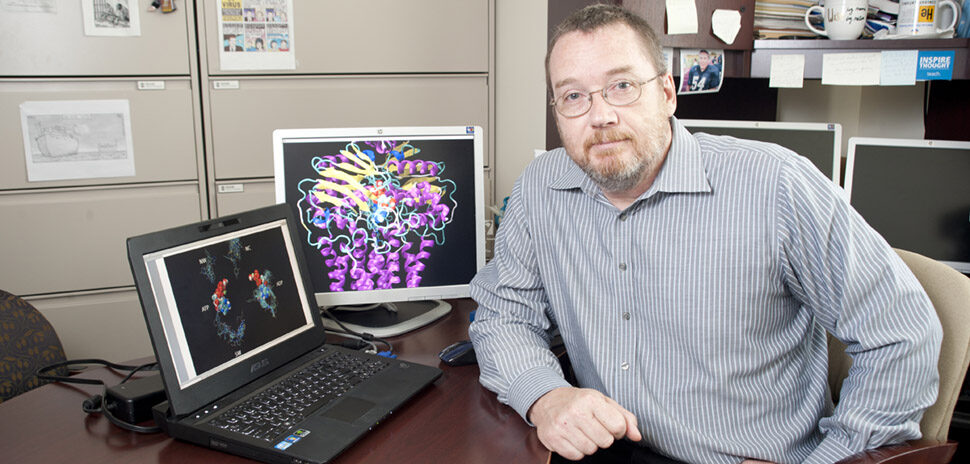Silicon transistors are known to have limited space, and that’s a problem facing researchers who are trying to increase their performance, while consuming less power.
That has researchers at the University of Texas at Dallas and elsewhere looking for better alternatives, according to a UTD press release.
UTD engineers and colleagues published a new study Oct. 7 in the journal Science, in which they talk about a novel transistor constructed with a new combination of materials that makes it even smaller than the smallest possible silicon-based transistor, the release said.
“… a cellphone with this technology built in would not have to be recharged as often.”
Moon Kim
Moon Kim, professor of materials science and engineering at UT Dallas said, “Our research provides new insight into the feasibility to go beyond the ultimate scaling limit of silicon-based transistor technology.”
One main problem they keep experiencing is that the electrons continue to travel, or “leak” when the current is supposed to be turned off.
“The device we demonstrated shows more than two orders of magnitude reduction in leakage current compared to its silicon counterpart, which results in reduced power consumption,” Kim said. “What this means, for example, is that a cellphone with this technology built in would not have to be recharged as often.”
Delivering what’s new and next in Dallas-Fort Worth innovation, every day. Get the Dallas Innovates e-newsletter.




























